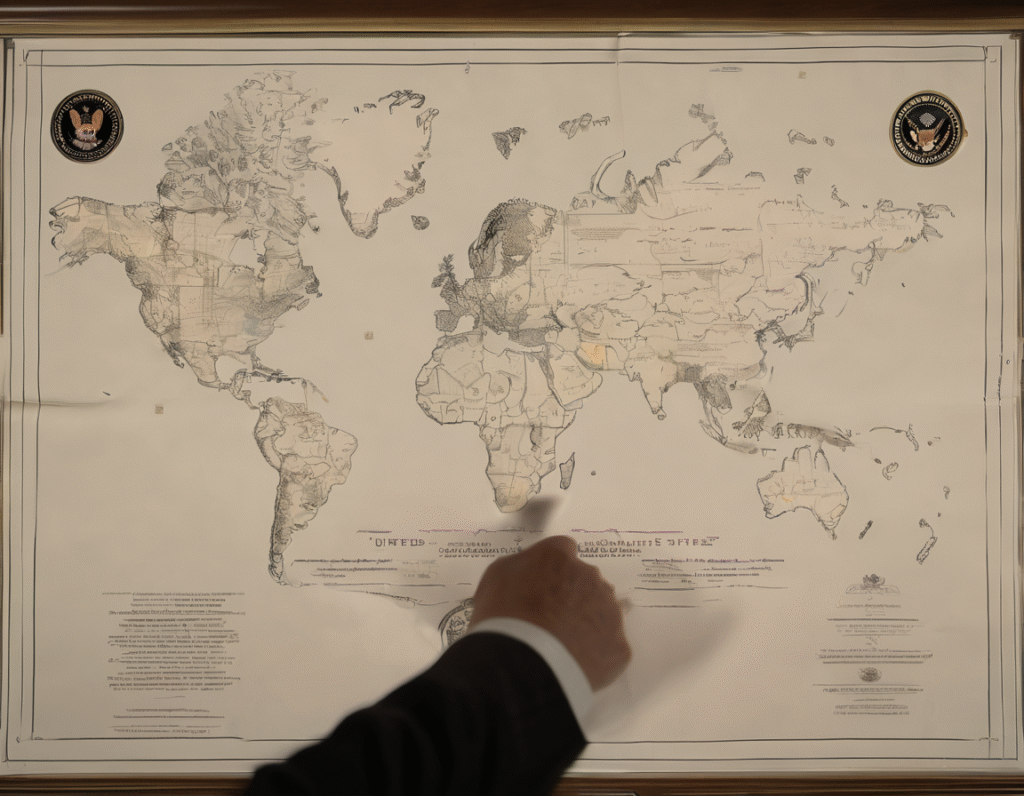FCC Moves to Expel Hong Kong Telecom from US Networks Over Security Fears The Federal Communications Commission is taking action to remove Hong Kong Telecom, known as HKT, from American telecommunications infrastructure. The agency cites significant national security risks as the reason for this move. The FCC has issued an Order to Show Cause to HKT. This directive requires the company to provide a justification for why the FCC should not start proceedings to revoke its operating authority in the United States. A detailed 30-page document from the FCC explains the agency’s position. It focuses on applying stricter certification and disclosure rules to companies that are owned or controlled by, or operate under the direction of, a foreign adversary. FCC Chairman Brendan Carr stated that this action is a continuation of the FCC’s work to prevent entities controlled by the Chinese Communist Party, which present national security threats, from gaining access to American telecom networks. HKT is a major telecommunications provider in Hong Kong and is part of the larger PCCW group. Approximately eighteen percent of PCCW is owned by China Unicom, a state-owned telecommunications enterprise in China. HKT is not the sole focus of the FCC’s broader initiative to address potential security vulnerabilities. Later this month, the FCC is scheduled to vote on additional measures. These steps are intended to strengthen protections within its equipment authorization program to better safeguard US networks and the communications supply chain from national security threats. This development occurs during a period of increased regulatory actions from both China and the United States, targeting companies that operate in each other’s markets. In recent weeks, Chinese regulators have launched investigations into major tech acquisitions, instructed domestic firms to stop purchasing American-made AI chips, and tightened controls on the export of rare earth minerals. These moves are largely set against the ongoing backdrop of trade negotiations between the two economic superpowers.

